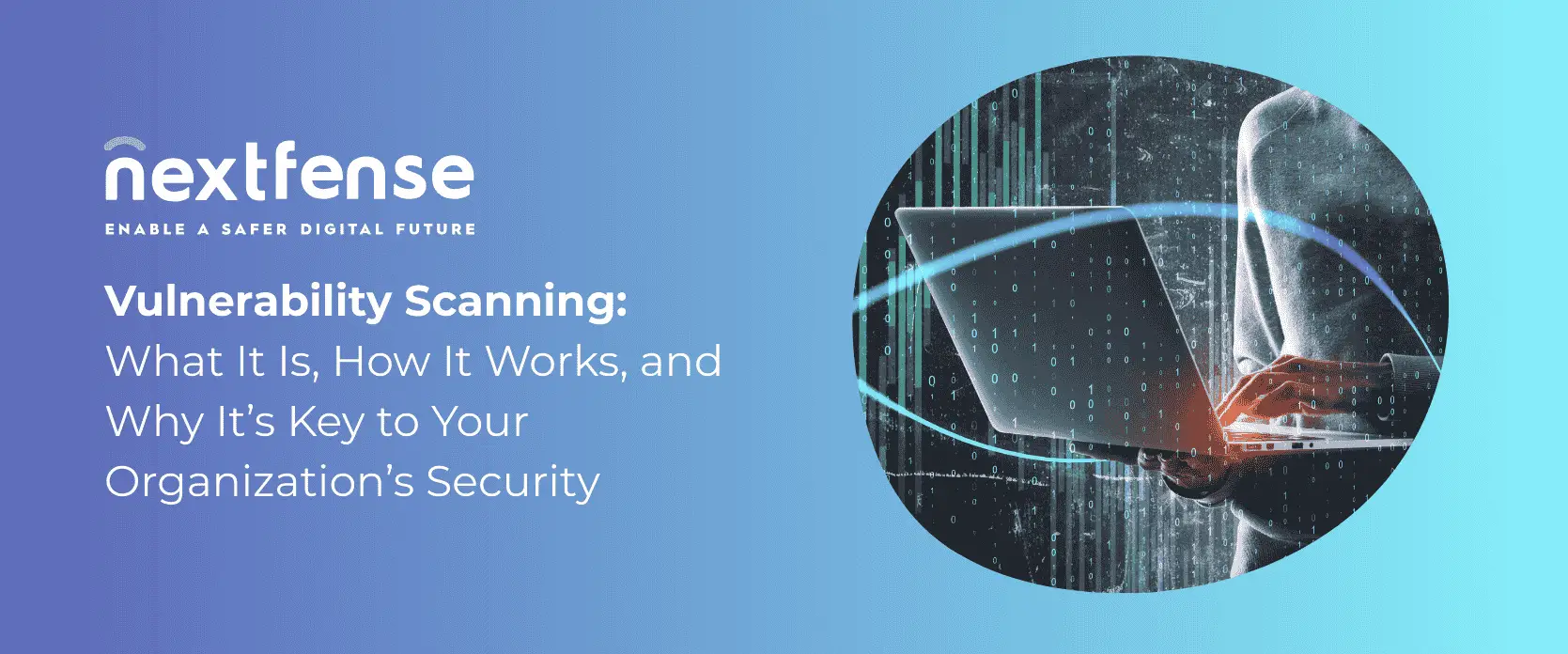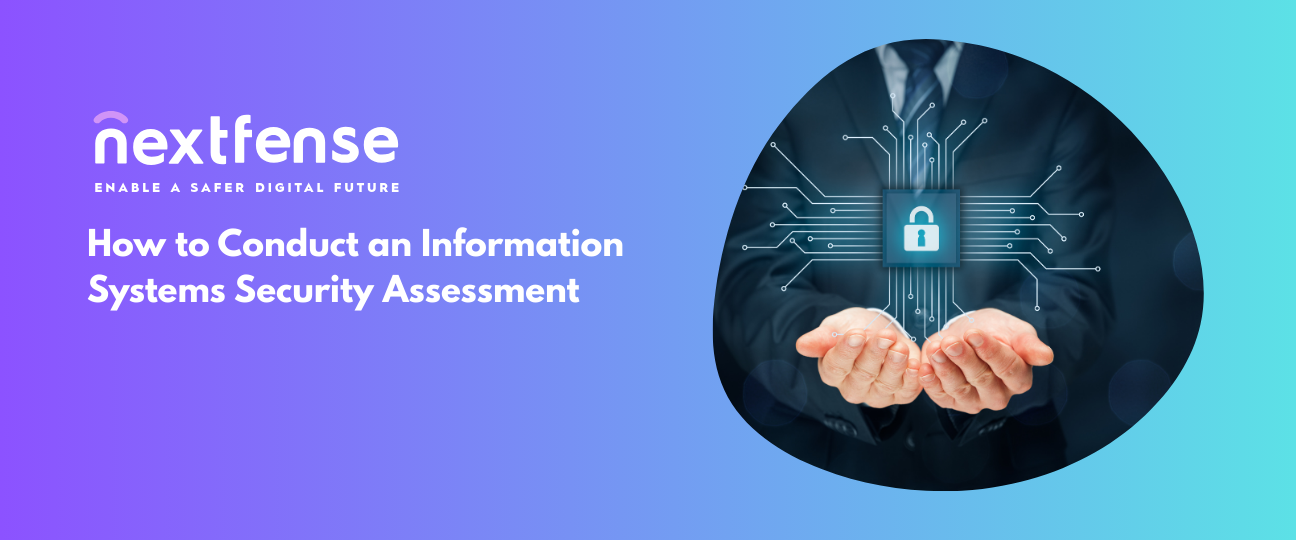Nowadays, cyberattacks are not seen as a possibility, but as a certainty that every company must anticipate.
From data leaks to critical system interruptions, companies face risks that can compromise both their reputation and their business continuity. Having strategic leadership in information security is no longer a luxury exclusive to large corporations: SMEs and startups also need wise and fast decisions in cybersecurity.
This is where the Virtual CISO (vCISO): a security expert who guides the company in building a robust strategy, monitors risks and ensures regulatory compliance, all without the costs and rigidity of an internal CISO. More than a service, a vCISO is a strategic tool that transforms organization security into a business asset, allowing companies to act with confidence in an increasingly complex digital environment.
What does Virtual CISO (vCISO or Virtual CISO) mean?
A Virtual CISO is a cybersecurity professional who offers strategic IT security services externally, acting like a traditional CISO but in a remote and flexible mode. This figure allows companies to access the experience and leadership necessary to develop and implement security policies, manage risks and comply with regulations, without the need to hire a full-time internal CISO.
What does a Virtual CISO do? Key Features
His role combines strategic vision and technical knowledge to protect the organization's digital assets. Its main functions include:
- Definition of security policies: Design and update policies that align computer security with the company's strategic objectives and that serve as the basis for a correct IT security assessment.
- Audit support and regulatory compliance: It assists in internal and external audits, ensuring that the company complies with regulations and safety standards.
- Advice on critical decisions: It provides strategic guidance in making decisions related to risks and computer security.
- Coordination of initiatives with your team: It works closely with different departments to implement effective and practical security measures.
- Access to a multidisciplinary team: Its approach integrates experts with different competencies and specialties in cybersecurity, ensuring a complete and up-to-date view of risks and solutions.
Virtual CISO vs Traditional CISO: Essential Differences
?Which companies should consider a virtual CISO?
The following organizations can benefit from implementing a vCISO:
- Medium-sized companies: Companies with limited resources that require security leadership without incurring high costs.
- Technological startups: Growing businesses that need to establish a solid foundation of security from the start.
- Organizations in regulated sectors: Companies that must comply with specific security and privacy regulations.
- Expanding companies: Organizations looking to scale their operations without compromising security.
Strategic Benefits of Having a vCISO
- Reducing costs: Eliminates the need to hire an internal CISO, reducing operating expenses.
- Access to specialized expertise: You gain advanced knowledge in cybersecurity without the need for internal training.
- Flexibility and scalability: Adapt security services to the changing needs of the company.
- Improved security posture: Implement proactive security practices that strengthen technological infrastructure.
- Regulatory Compliance: Facilitates adherence to applicable safety standards and regulations.
How to Choose the Right Virtual CISO
When selecting a vCISO vendor, it's important to consider:
- Experience and credentials: Verify cybersecurity trajectory and certifications.
- Personalized approach: Ensure that the service is tailored to the specific needs of the company.
- Communication capacity: Evaluate the ability to effectively interact with the executive and technical team.
Challenges and limitations of the virtual CISO service
While vCISOs offer numerous advantages, they also present some challenges:
- Integration with internal teams: Remote collaboration can make it difficult to align with internal staff.
- Third-party dependency: The company depends on the availability and performance of the external provider.
- Limitation on operational oversight: By not being physically present, there may be less control over daily operations.
How Nextfense can enhance the security of your organization
Having a Virtual CISO is an intelligent strategy to strengthen your company's cybersecurity without incurring the costs of a traditional CISO. In Nextfense, we offer virtual CISO services adapted to the needs of your organization, providing expert advice on security policies, regulatory compliance and risk management.
To learn more about how we can help you improve the security of your technological infrastructure, visit our Cybersecurity Services.


.jpg)


.jpg)